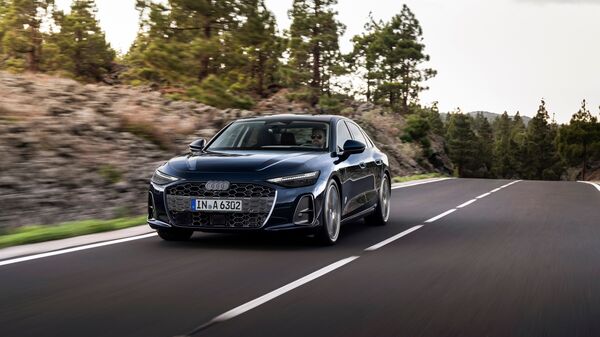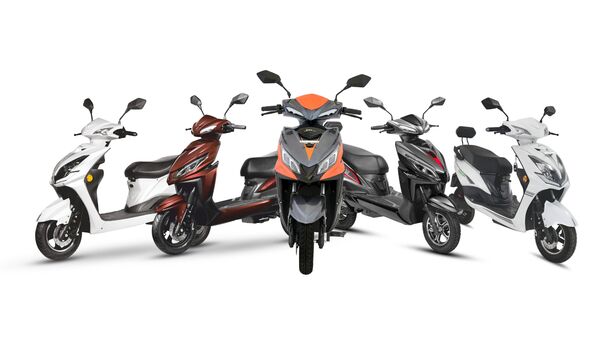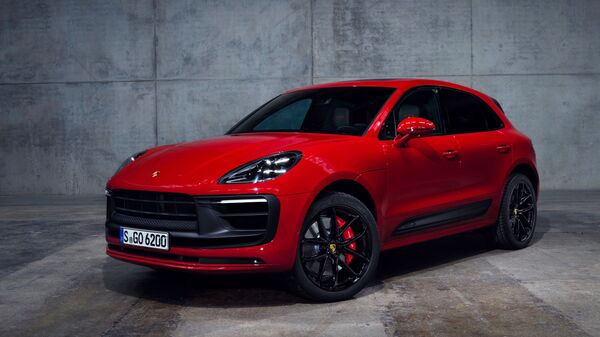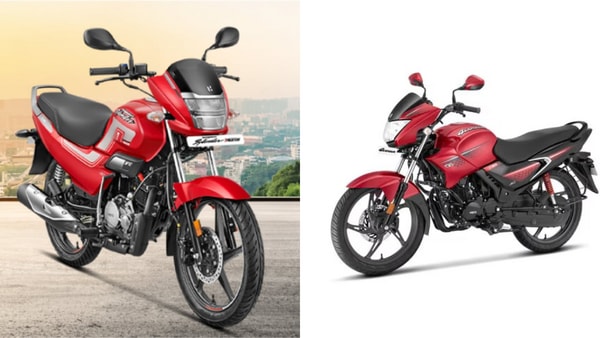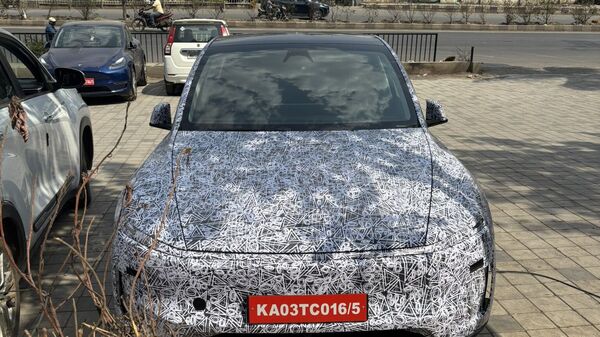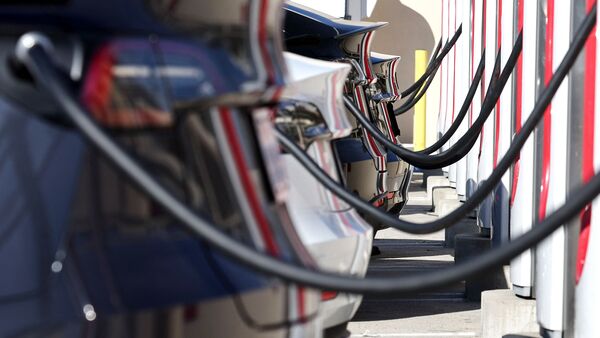
Red Light for BYD, Green Signal for Tesla: India’s EV Strategy Explained
10 days ago | 5 Views
India appears to be limiting access to its electric vehicle market for the Chinese automotive giant BYD while actively courting its competitor Tesla for investment opportunities within the country. This development reflects the Indian government's ongoing concerns regarding China, despite recent indications of improved relations between the two neighboring nations.
According to Bloomberg, Union Minister of Commerce Piyush Goyal emphasized the need for India to be vigilant about its strategic interests. "India must be cautious regarding its strategic interests and the entities we permit to invest," Goyal remarked while discussing the nation's approach to electric vehicle investments.
In 2024, the Indian government turned down a $1 billion investment proposal from BYD, which sought to collaborate with a local partner to establish an electric vehicle manufacturing facility in India. This investment would have strengthened BYD's presence in the rapidly growing electric vehicle market. However, the rejection of the proposal meant that the plan did not come to fruition. Similarly, another Chinese automaker, Great Wall Motor, withdrew from the Indian market after failing to obtain the necessary regulatory approvals.
In contrast, Tesla has expressed a strong interest in entering the Indian market, and the Indian government has been revising regulations to facilitate the entry of the American electric vehicle manufacturer. Notably, during the Auto Expo 2025, the Vietnam-based electric vehicle company VinFast announced significant investment plans in India, where it has encountered no regulatory obstacles thus far. These developments highlight the stark differences in the challenges faced by Chinese automakers in establishing operations in India.
Yes to US and EU, no to China
India aspires to become a global center for electric vehicle production; however, significant entry barriers hinder this ambition. In contrast to the United States' 2.5 percent, Germany's 10 percent, and China's up to 25 percent, India imposes much higher tariffs. Prominent original equipment manufacturers (OEMs) such as Tesla have cited these elevated tariffs as obstacles to both introducing their vehicles and establishing operations in the country. Thus far, India has adopted a stringent stance, reflecting a broader protectionist policy regarding automobile imports.
With an import duty of 100 percent on Completely Built Unit (CBU) vehicles—the highest among major economies—India has historically protected its domestic automotive industry. Nevertheless, as discussions regarding free trade agreements with the United States and the European Union progress, India is under increasing pressure to liberalize its automobile market, which is the third largest globally, to foreign competitors.
According to Reuters, the European Union is urging India to abolish tariffs on car imports as part of a long-standing trade agreement. The report also indicated that the Indian government is prepared to finalize this deal, with industry sources and a government official suggesting that India is amenable to gradually reducing tariffs to 10 percent from the current rate exceeding 100 percent.
This anticipated shift occurs despite domestic industry representatives advocating for India to maintain a minimum tariff of 30 percent, even if a phased reduction begins. Additionally, stakeholders in the Indian automotive sector are urging the government to refrain from altering import duties on electric vehicles for an additional four years to safeguard local manufacturers.
Recently, driven by Tesla's strong interest, the Trump administration's implementation of reciprocal tariffs, and the US President's remarks regarding India's elevated tariff rates on imported vehicles, India has made significant revisions to its electric vehicle (EV) investment policy over the past few months. These changes may pave the way for Tesla's long-anticipated entry into the Indian market. Nevertheless, despite proposing a substantial investment, BYD has yet to obtain the necessary regulatory approval. Goyal remarked, "India has ample opportunities for trade agreements with developed countries," while also expressing caution regarding potential "dumping" from China.
Challenges Ahead for Domestic EV Manufacturers?
India's protective stance on car imports has facilitated rapid growth for local automakers in recent years, particularly in the electric vehicle sector. Domestic manufacturers have opposed any relaxation of tariffs that could enable foreign competitors to undercut their prices, especially as the government increases incentives for EV production. The high import duties that have restricted foreign companies from introducing their electric vehicles in significant quantities have allowed homegrown manufacturers like Tata and Mahindra to flourish, with Tata Motors commanding approximately 70 percent of the Indian electric car market.
However, as the government signals a gradual reduction in import duties and potential free trade agreements with the US and EU loom, Indian automakers, who currently dominate the electric passenger vehicle market, may soon face intensified competition from international players.
Read Also: Best 3-Row SUVs and MPVs You Can Buy Under ₹15 Lakh
Get the latest Bollywood entertainment news, trending celebrity news, latest celebrity news, new movie reviews, latest entertainment news, latest Bollywood news, and Bollywood celebrity fashion & style updates!


